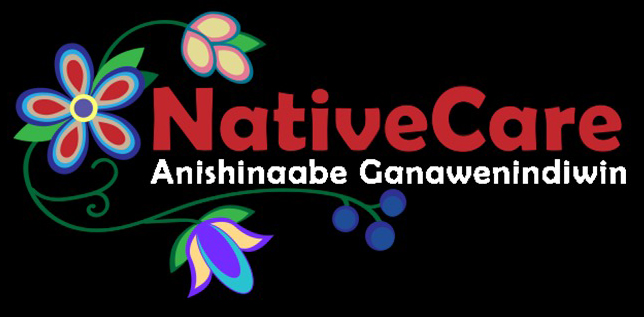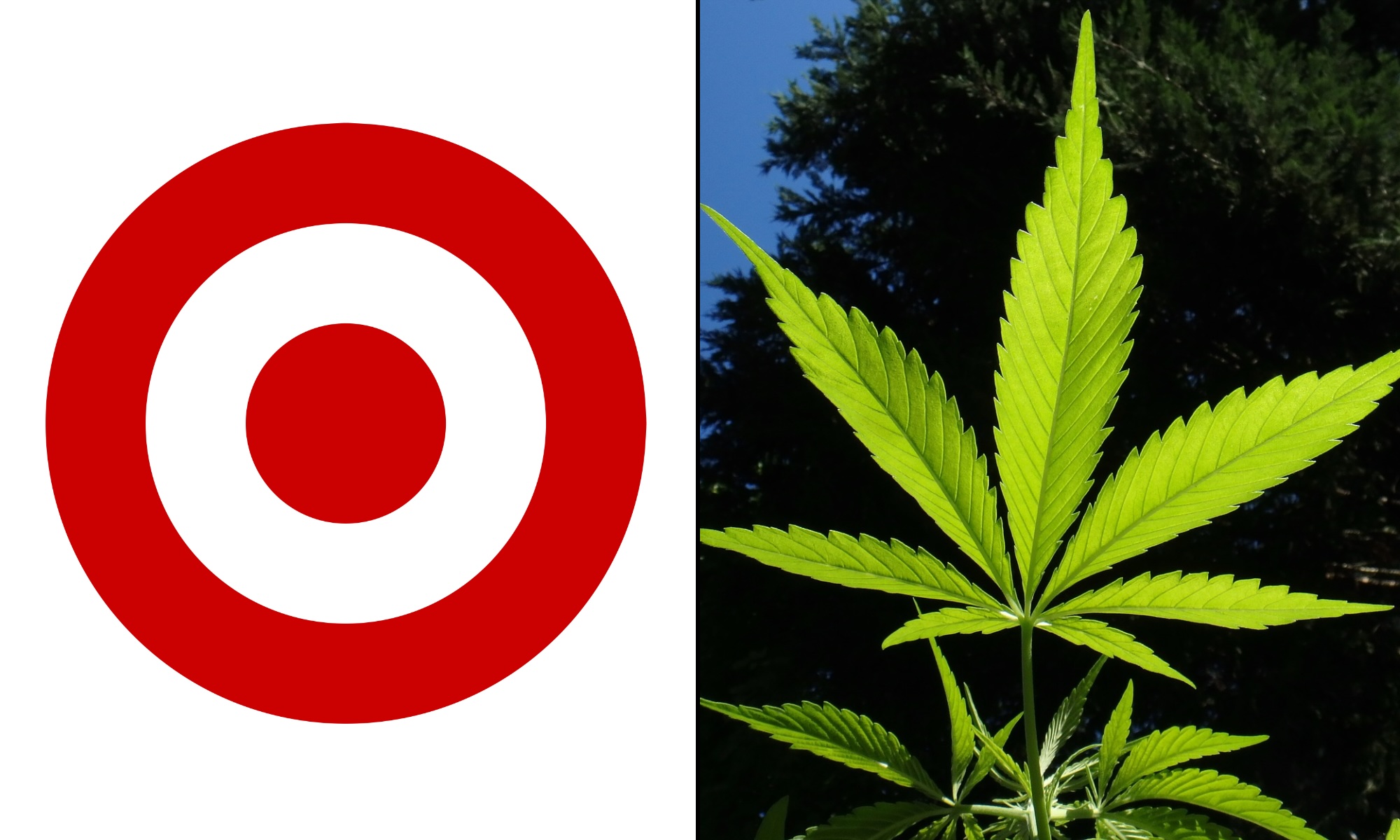Target to Begin Selling THC-Infused Drinks as National Cannabis Debate Heats Up
Target is testing a new line of THC-infused beverages in select Minnesota stores — a move that could mark a turning point for cannabis products entering mainstream retail. The rollout comes just as lawmakers in Washington are debating whether to tighten or even reverse existing hemp regulations.
A Major Retailer Steps Into Cannabis
In its home state of Minnesota, Target has begun stocking around a dozen different THC beverage brands at about ten locations. These include well-known names such as Birdie, Cann, Gigli, Hi Seltzer, Indeed, Señorita, Stigma, Surly, Trail Magic, Wonder, Wyld, and Wynk.
For many in the cannabis and beverage industries, this is a milestone moment. It signals that cannabis-derived drinks are no longer confined to dispensaries and boutique shops — they’re entering the same space as other everyday consumer products.
Why It’s Happening Now
The timing of Target’s entry into THC beverages is significant. Congress is currently considering legislation that could roll back protections for hemp-derived cannabis products containing trace amounts of THC. These products became federally legal under the 2018 Farm Bill, as long as they contained no more than 0.3 percent THC.
Minnesota, however, has been ahead of the curve. The state legalized hemp-derived cannabinoids — including THC and CBD — for sale in beverages and edibles, provided they meet strict testing and dosage standards. That framework has given national retailers like Target a clearer path to enter the space responsibly.
At the same time, consumer attitudes are shifting. Many adults now view cannabis as a natural and often safer alternative to alcohol. Early sales data suggest that some people are even reducing their alcohol intake in favor of THC beverages, which tend to provide a mild, relaxing effect without the hangover.
What Industry Leaders Are Saying
Jason Dayton, cofounder of Trail Magic, one of the brands featured in the Target test, called the development “monumental.” He emphasized that continued growth in the category depends on responsible regulation — including age verification and lab testing — to ensure consumer safety and product integrity.
Aaron Edelheit, CEO of Mindset Capital, noted that while major alcohol and distribution companies have already started moving into the cannabis beverage sector, Target’s participation as a general retailer represents a major cultural shift. “This is the first time a mainstream retailer of this size has stepped in,” he said. “It’s a huge signal of what’s coming.”
Even brands not yet included in the pilot are applauding the move. Executives from other THC drink companies have called Target’s experiment “a huge win for the entire category.”
What Comes Next
It’s not yet clear whether Target plans to expand its THC beverage offerings nationwide. For now, the Minnesota pilot program will serve as a testing ground — not only for consumer demand but also for how the company navigates varying state and federal cannabis laws.
Meanwhile, the political landscape remains uncertain. Some members of Congress are pushing to ban hemp-derived THC products entirely, arguing that the current laws have created loopholes that allow psychoactive products to be sold outside of regulated dispensaries. Others counter that responsible regulation, not prohibition, is the smarter path forward.
As debates continue, one thing is clear: cannabis beverages are moving from niche novelty to mainstream product. And with Target now in the mix, the conversation around cannabis in America just got a lot more interesting.




